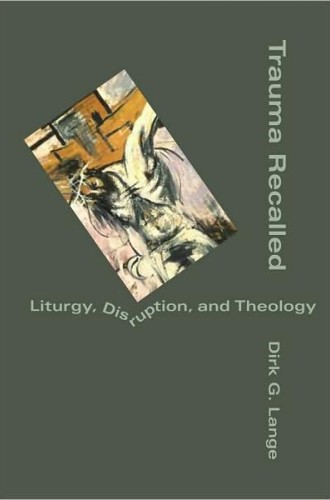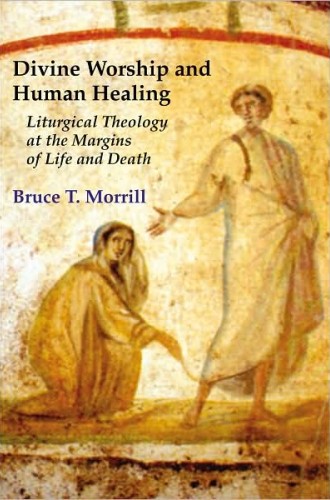Trauma Recalled, by Dirk G. Lange; Divine Worship and Human Healing, by Bruce T. Morrill
One might not expect to find so much common ground between a Lutheran and a Roman Catholic liturgist. Yet Dirk Lange and Bruce Morrill's books challenge that perception as each author strives to revise rituals and make them more meaningful for our age.
In Trauma Recalled, Lange argues that liturgy, specifically the eucharistic rite, presents both a failure of meaning and an opportunity for new meaning to emerge. An associate professor of worship at Luther Seminary, Lange draws upon an intriguing combination of thinkers to make this argument. He uses the work of trauma theorists to suggest that the crucifixion may be considered a traumatic event, which means that it lacks a cohesive, stable narrative. This is one of the most creative and fascinating parts of the book, especially for readers who look to the cross with salvation in mind. He then reinforces this argument using the writings of Martin Luther to suggest that the Eucharist disrupts—rather than provides—meaning. As a result, modern-day churchgoers and liturgists have an opportunity to participate in a search for new meanings. Lange defines these new meanings as grace.
Like Lange, Morrill also seeks to reimagine the function and meaning of liturgy in light of suffering. In Divine Worship and Human Healing, the Jesuit professor of theology at Boston College considers how the anointing and funeral rites of the Catholic Church offer an opportunity for healing. Using a blend of liturgical thought, church history and contemporary experience to supply his argument, he writes that the Catholic Church needs new ways to read the Bible and understand rituals, especially those relating to sickness and death. The church is in danger of becoming irrelevant otherwise. He also cites an overemphasis upon clericalism, the sexual abuse scandals and misinterpretations of scripture as reasons why Roman Catholic pews are emptying.






